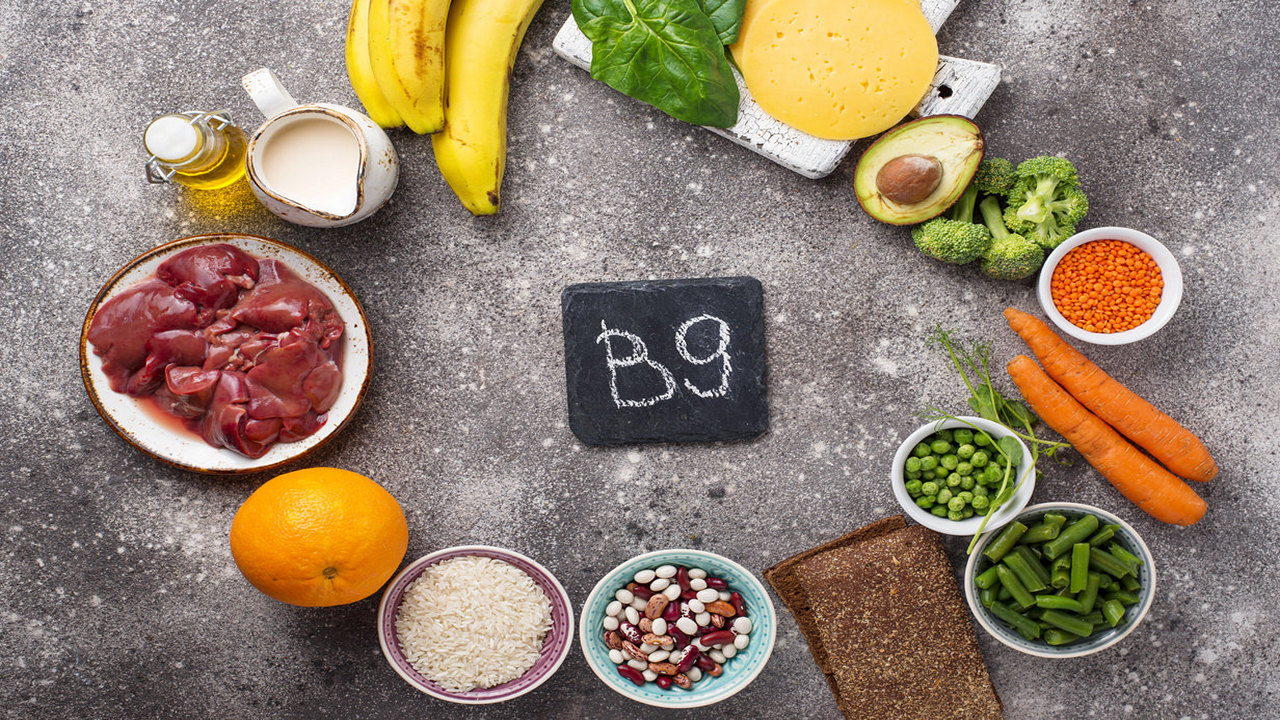
Must-Have Vitamins and Supplements You Should Take During Pregnancy
During pregnancy, the body goes through a lot of hormonal and physical changes. This is due to the presence of a growing fetus in the womb. Intake of nutrients from the mother’s body to the baby’s increases and this is why it is important to take supplements and vitamins such as vitamin b9.
On the other hand, it is important to take supplements such as iron, fish oil, magnesium, and multivitamin supplements. All these are important for the development of a healthy baby and the health of the mother. So, what vitamins and supplements must you take during pregnancy?
Vitamin b9

Also known as folate. This is the component that contains folic acid in synthetic form. If you are observant, you will notice pregnant women are recommended for folic acid tablets. This is because it is important in DNA synthesis, red blood cell production, and fetal growth and development.
If not taken in good quantity, the baby is at risk of neural tube defects. This affects the spinal cord leading to the inability to move legs or walk. If your child is lucky, they can go through surgery before the age of two.
Sources of vitamin b9 are beans, whole grains, whole nuts, and green leafy vegetables such as spinach and lettuce.
Iron

Did you know that the mother’s blood and that of the fetus do not mix at any point in pregnancy? The fetus gains iron from the mother and develops its blood. This is why it is important to have a sufficient intake of iron in your meals.
This is also responsible for the development of hemoglobin in red blood cells to assist in the transfer of oxygen to the developing fetus. Lack of iron during pregnancy leads to immature birth, low-weight babies, and in extreme conditions miscarriage.
Sources of iron include liver, green leafy vegetables, pumpkin seeds, and enough quantities of red meat.
https://www.youtube.com/watch?v=2j2LxybfAdM
Magnesium
The development of muscles and a well-functioning nervous system is important to the baby. The presence of magnesium in meals helps in the above functions. In addition to this, it also helps prevent the uterus from contracting prematurely.
If not adequately taken, there is a high risk of chronic hypertension and premature labor. On the fetus, there is a high likelihood of poor muscle development and seizure attacks.
Sources of magnesium include foods with dietary fiber such as whole grains, legumes, nuts, seeds, cereals, and other fortified meals.
Fish oil

Fish oil contains omega 3 that helps in the development of a strong immune system. This helps fight chronic infections and diseases.
Deficiency of fish oil could lead to depression in the mother which in turn is not healthy for the baby. The baby is also likely to suffer poor brain development and chronic illnesses.
Sources of fish oils are kinds of seafood such as tuna and salmon. Supplements can be used in this case.